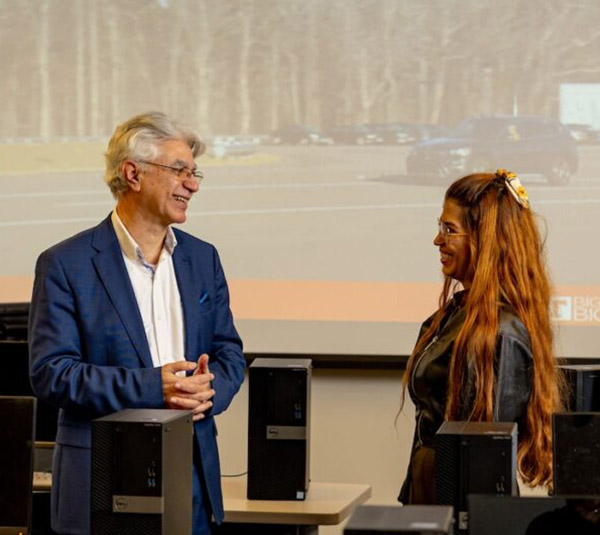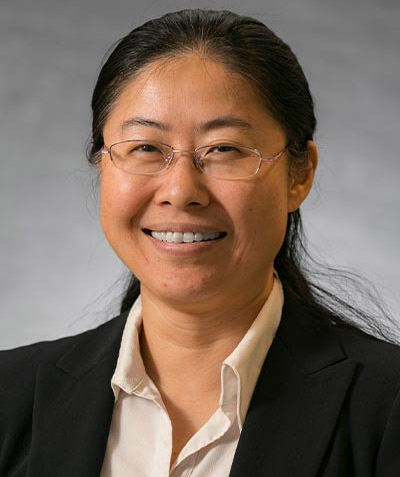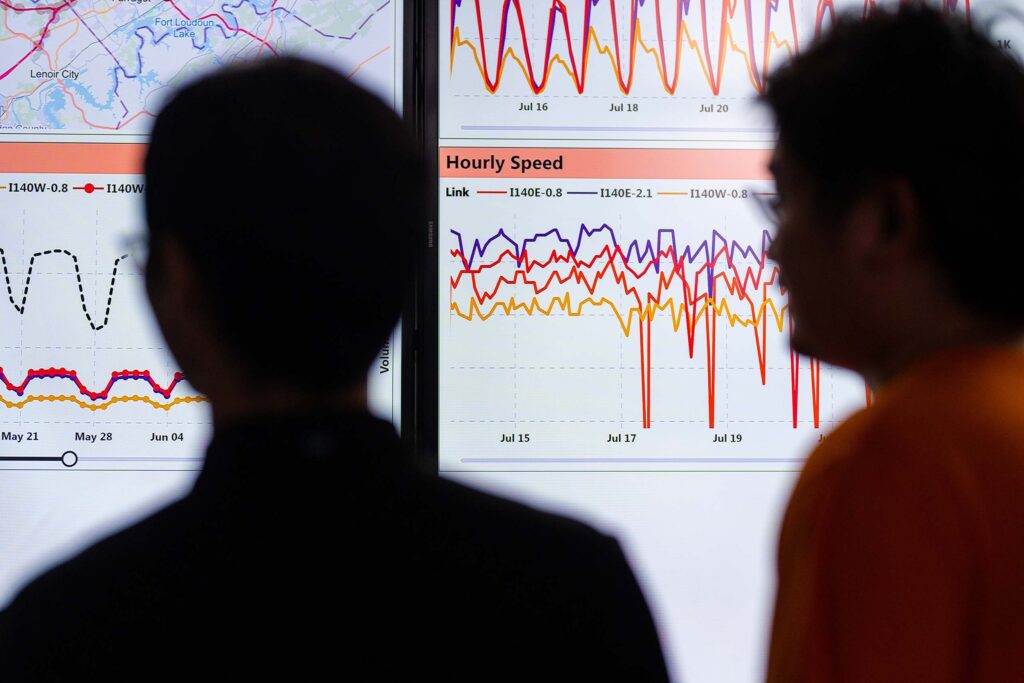Digitization
Advancing connectivity and computation to enable safety and efficiency
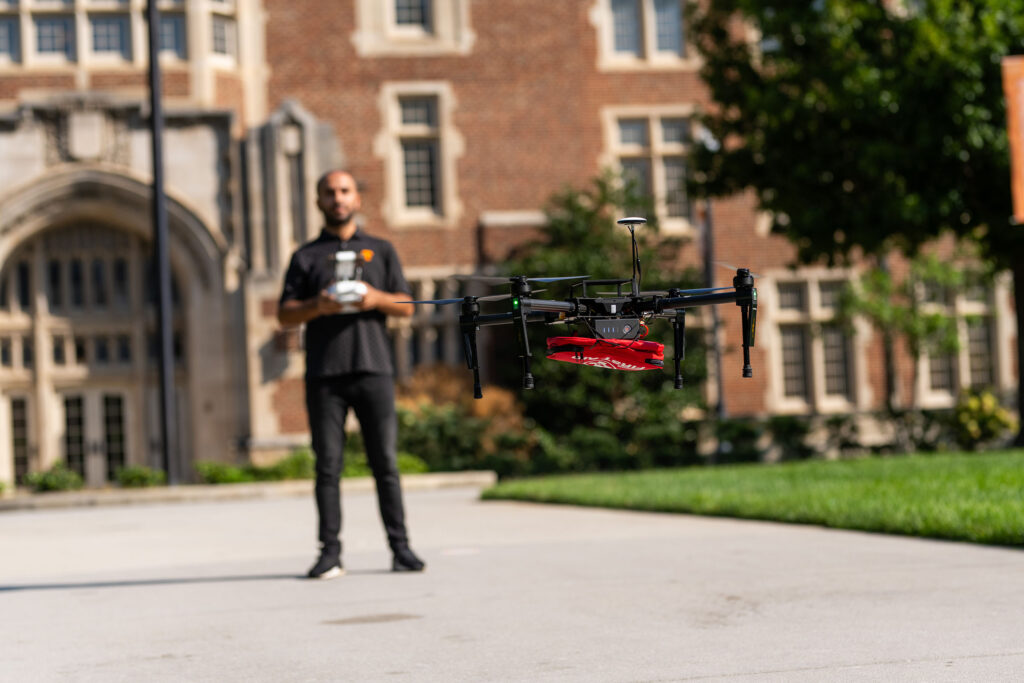
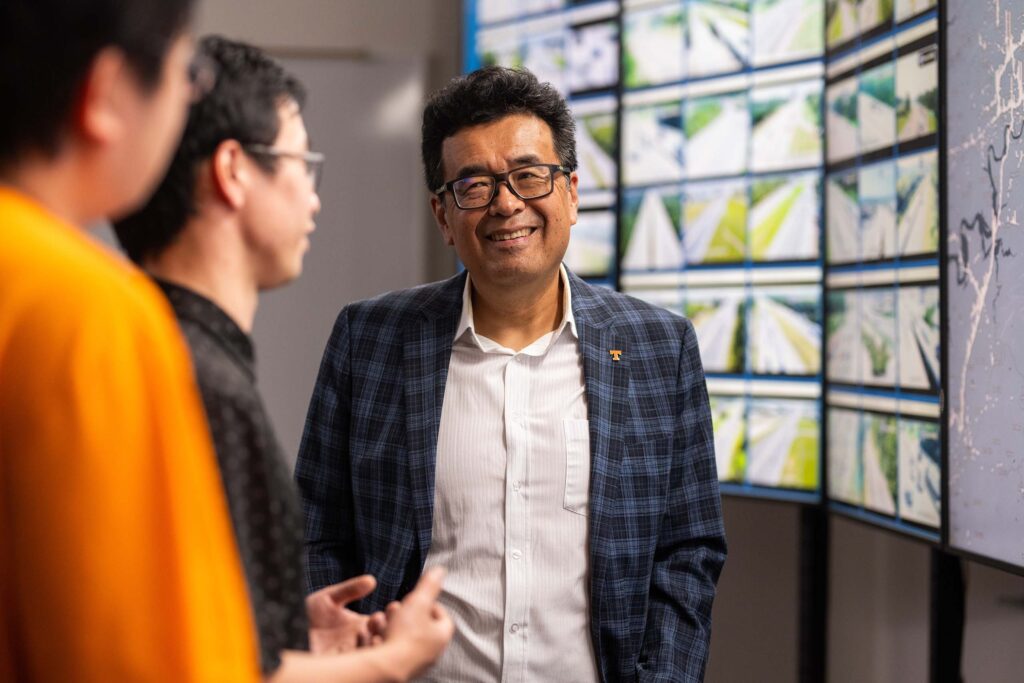
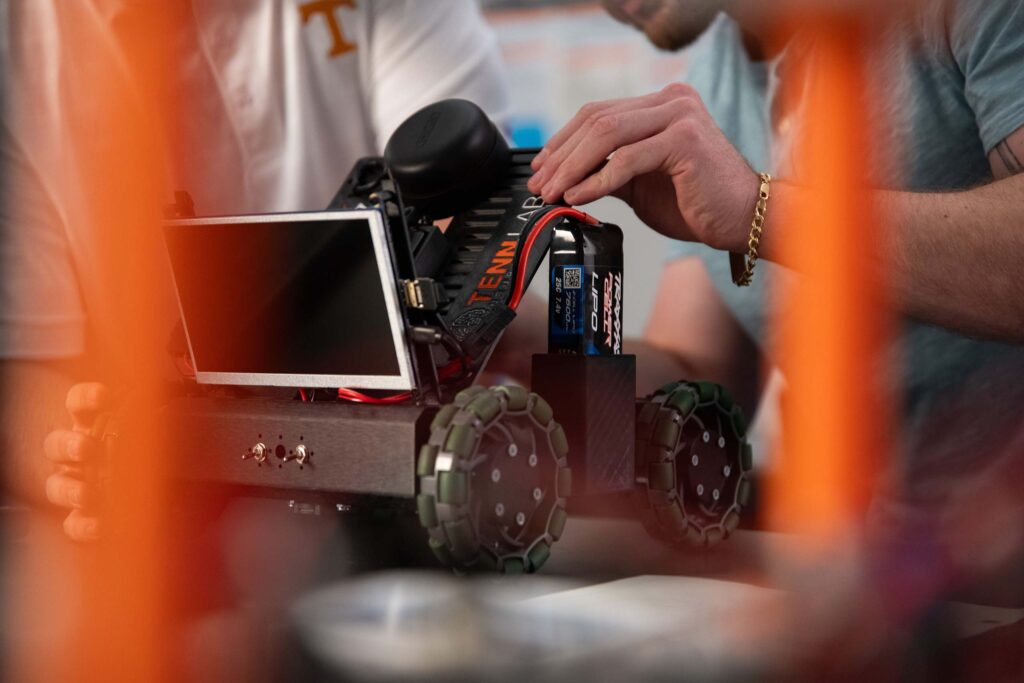
UT research in digitization helps build a future in which connected and automated vehicles and smart infrastructure work together seamlessly to optimize vehicle performance, keep traffic flowing smoothly, and protect people in and around vehicles.
The automation of transportation requires capabilities to harness and manage tremendous amounts of data. We are developing new communication and computing technologies that will enable vehicles to generate, analyze, and act on the right data—rapidly, reliably, securely, and safely.
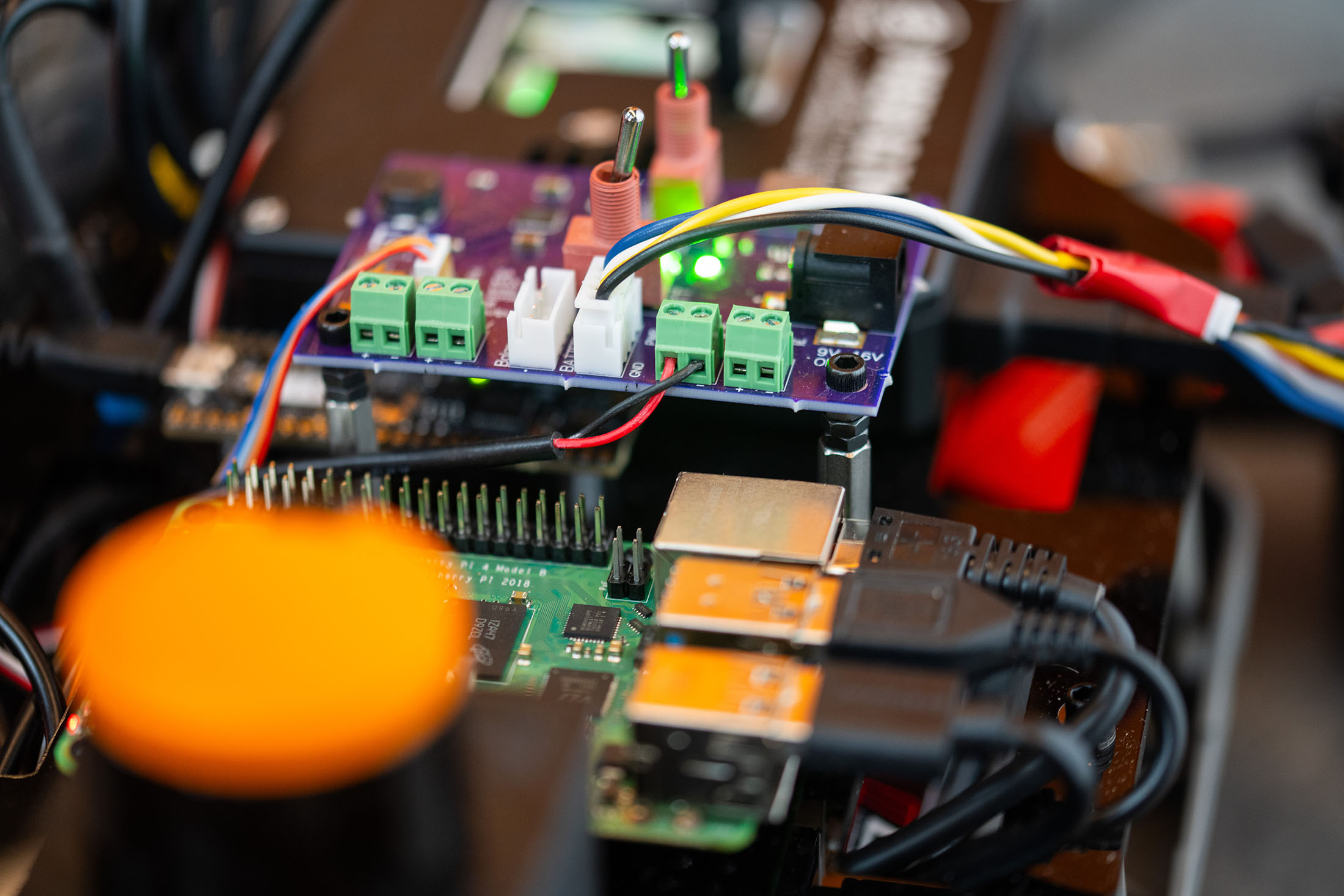
UT’s Approach
Improving driver and pedestrian safety is a key part of our digitization research. Faculty and graduate students diagnose and predict autonomous vehicle safety parameters, calibrate car-following models, investigate patterns and edge cases in accident scenarios with automated vehicles, and improve underlying algorithms to guide vehicle actions in different contexts. UT faculty also address the security vulnerabilities of connected mobility using techniques such as blockchain to enhance threat detection and defense.
UT researchers in Knoxville and Chattanooga have supported the Tennessee Department of Transportation in developing strategies related to intelligent mobility, including infrastructure and vehicular communications. Others focus on improving the communication between and controls for components of smart infrastructure such as traffic signals.
UT faculty and students are also exploring technologies that have promising mobility applications, such as artificial intelligence, machine learning, and neuromorphic computing. Others are exploring how to increase energy efficiency in high-performance computing for connected devices.
UT is one of only six universities in the United States to advance research initiatives in collaboration with AT&T. Our faculty and students use the state-of-the-art AT&T 5G Lab located at the UT Research Park to explore cutting-edge solutions for connected mobility, including near-real-time decision-making and control of vehicles, traffic monitoring, network optimization, and secure 5G communications for transportation systems.
“Safety and efficiency drive the grand vision behind UT’s digitization research. Building this vision requires cross-discipline collaboration. My work brings together mechanical engineering and computer vision, hardware and software and statistical data analysis.”
—Subhadeep Chakraborty, Associate Professor, Mechanical, Aerospace & Biomedical Engineering

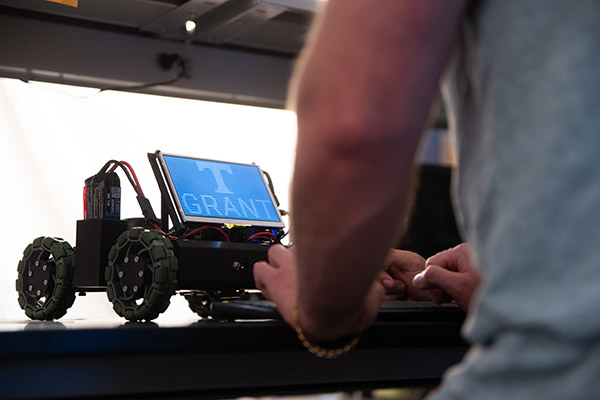



Highlights
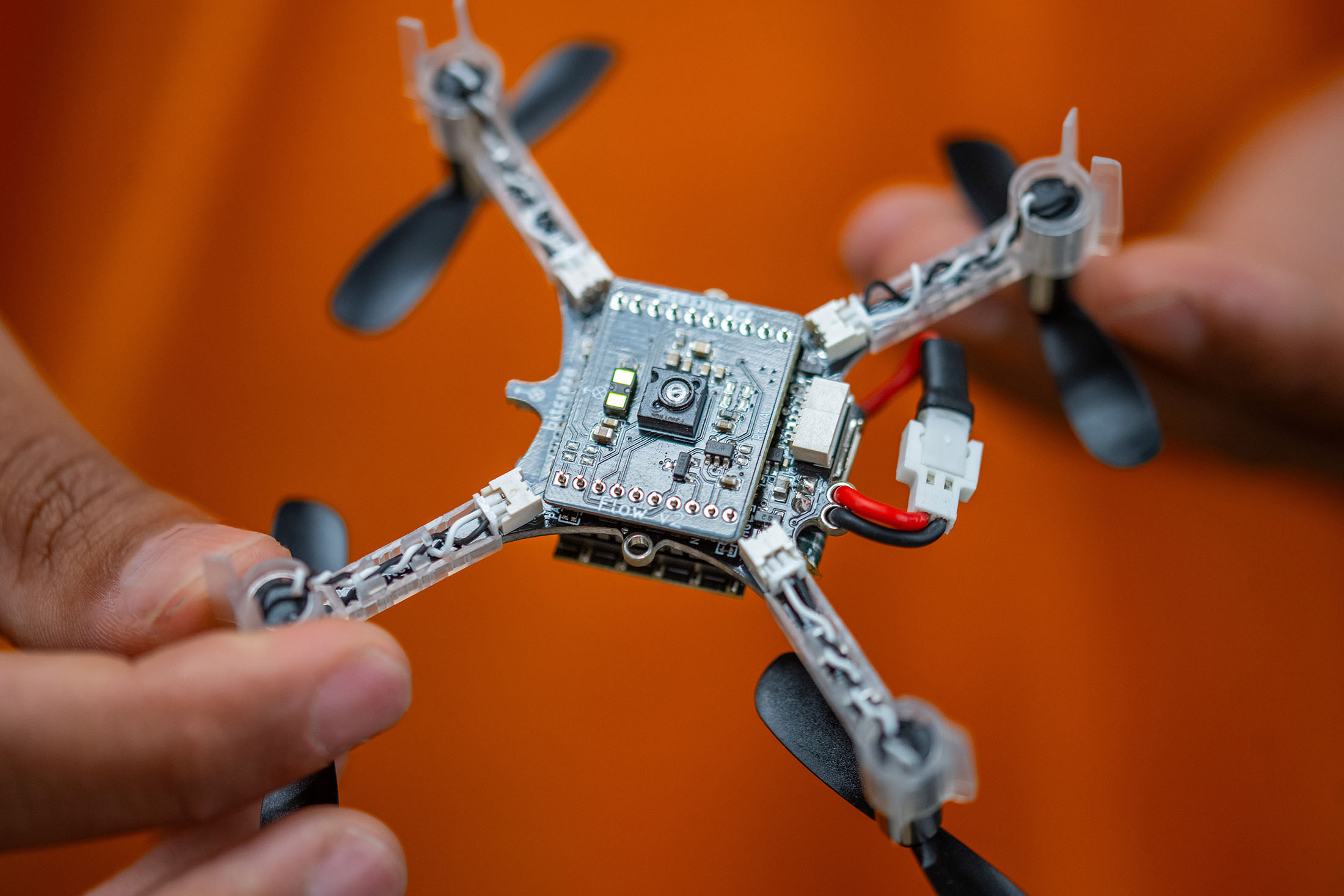
Our Researchers
-
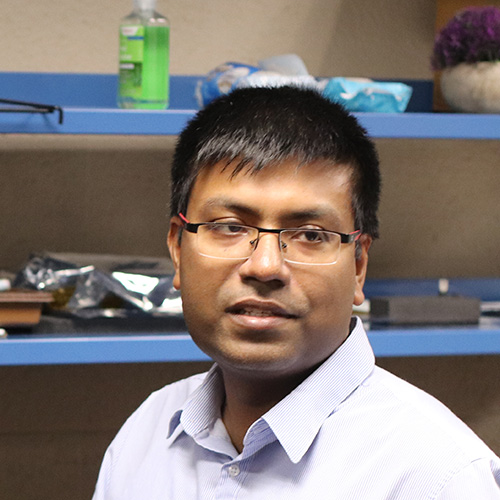
Associate Professor, Mechanical, Aerospace & Biomedical Engineering
Coordination of connected autonomous vehicles, signal phase and timing optimization using machine learning
-
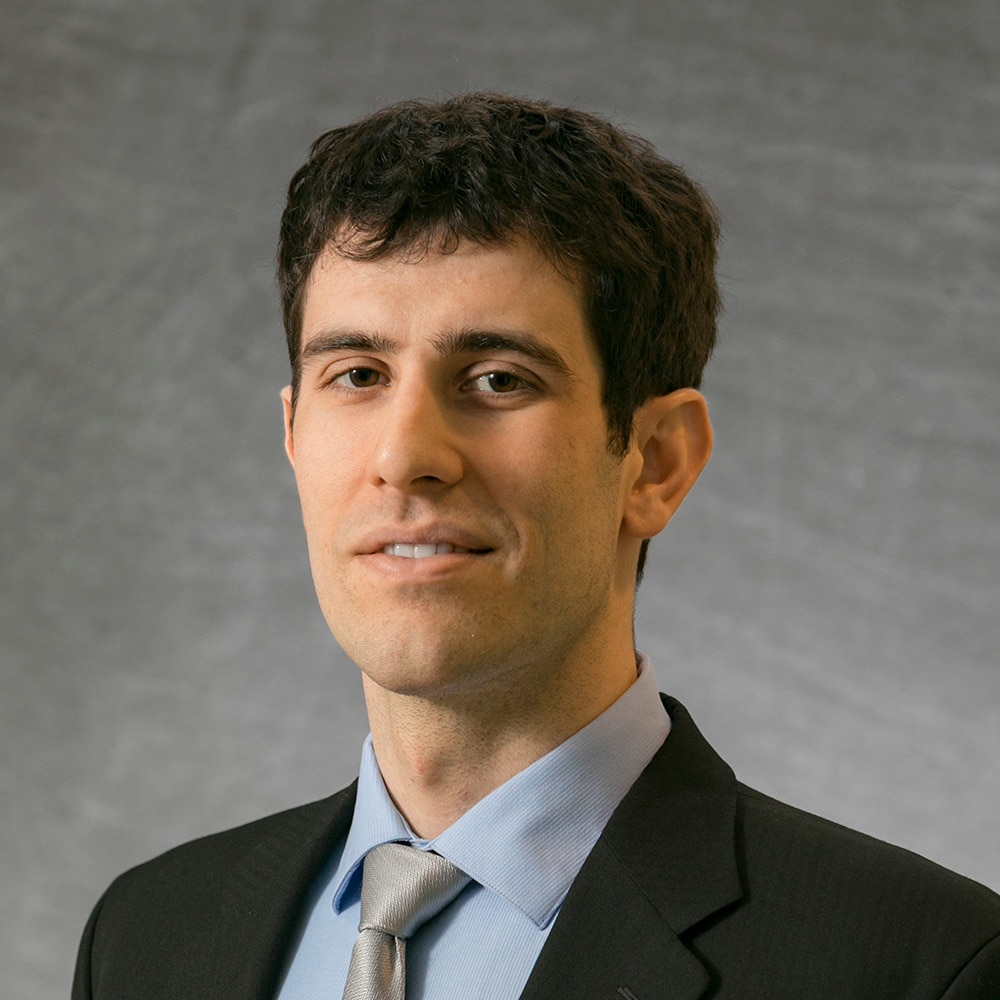
Associate Professor, Electrical Engineering & Computer Sciences
Power electronics for electric vehicles
-

Professor, Electrical Engineering & Computer Science
Electrical energy storage, batteries, lightweight materials
-

Director of Center for Transportation Research, Professor, Civil & Environmental Engineering
Future transportation concepts (electrified connected automated transportation), transportation operations (freeway, transit, and integrated corridor management), and cybersecurity (transportation and critical infrastructure)
-

Associate Professor, Electrical Engineering & Computer Science
Virtual machines, operating systems, compilers, program optimization, performance and power efficiency
-
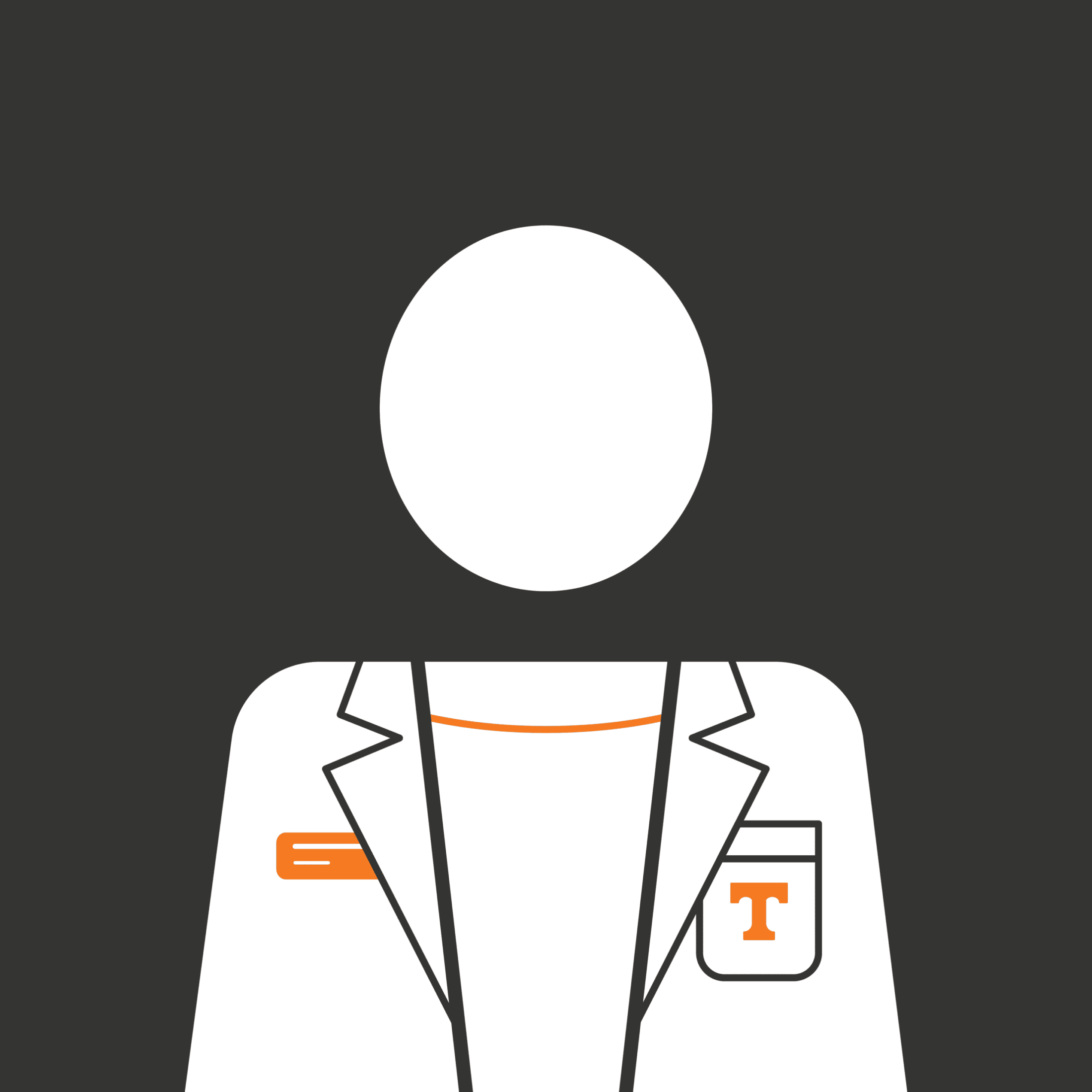
Beaman Distinguished Professor, Civil & Environmental Engineering
Intelligent transportation technologies, transportation safety, sustainable transportation
-

Assistant Professor, Electrical Engineering & Computer Science
Intelligent transportation systems, robotics, machine learning (reinforcement learning), multi-agent simulation/systems, smart city, socio-technical systems
-
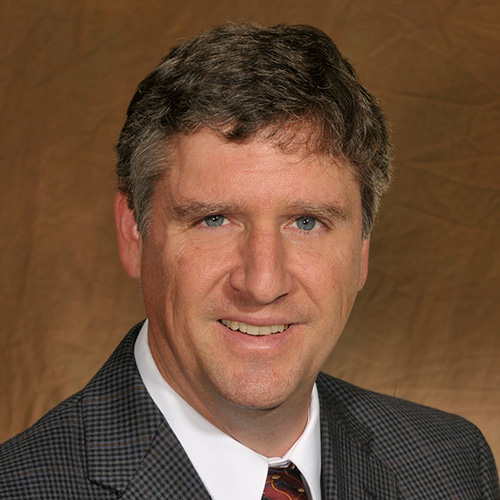
Professor, Electrical Engineering & Computer Science
Fault-tolerance, erasure codes, storage systems, distributed computing, operating systems
-
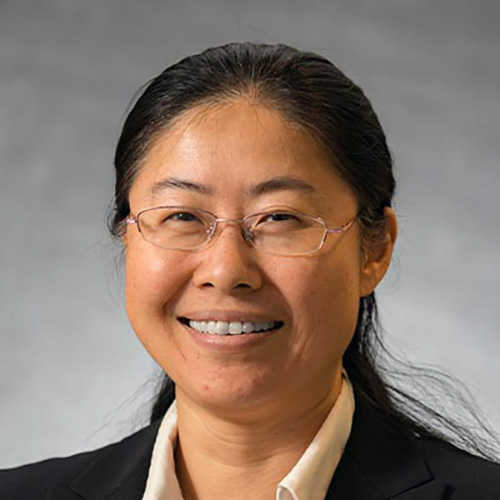
Gonzalez Family Professor, Electrical Engineering & Computer Science
Image processing, computer vision and machine learning, collaborative information processing in sensor networks
-

Associate Department Head & Professor, Electrical Engineering & Computer Science
Nanoelectric circuit design, memristors and memristive systems, emerging nanoelectronic computer architectures, hardware security and security implications of emerging computing systems, neuromorphic computing
-
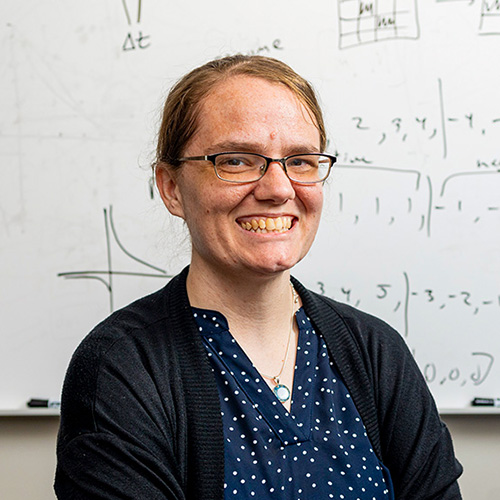
Assistant Professor, Electrical Engineering & Computer Science
Neuromorphic computing, smart transportation, smart infrastructure, autonomous vehicles
-
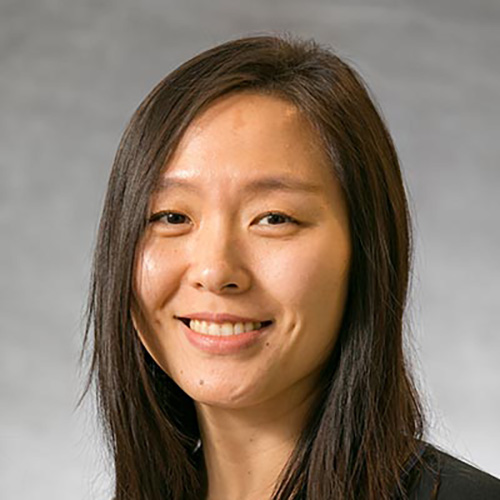
Professor, Electrical Engineering & Computer Science
Security and privacy in wired/wireless networks and critical application systems
-
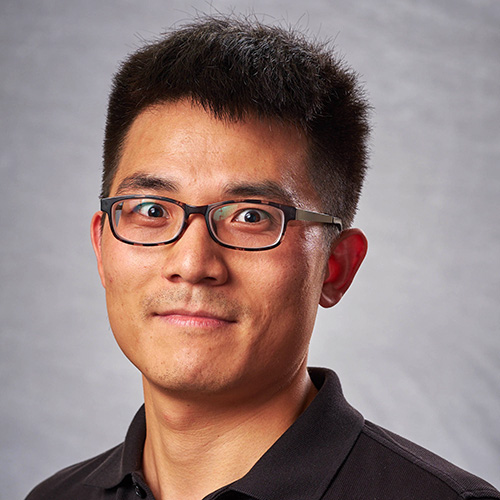
Assistant Professor, Mechanical, Aerospace & Biomedical Engineering
Optimal control; convex optimization; machine learning; guidance, navigation, and control; space systems; aerial vehicles; connected vehicles

